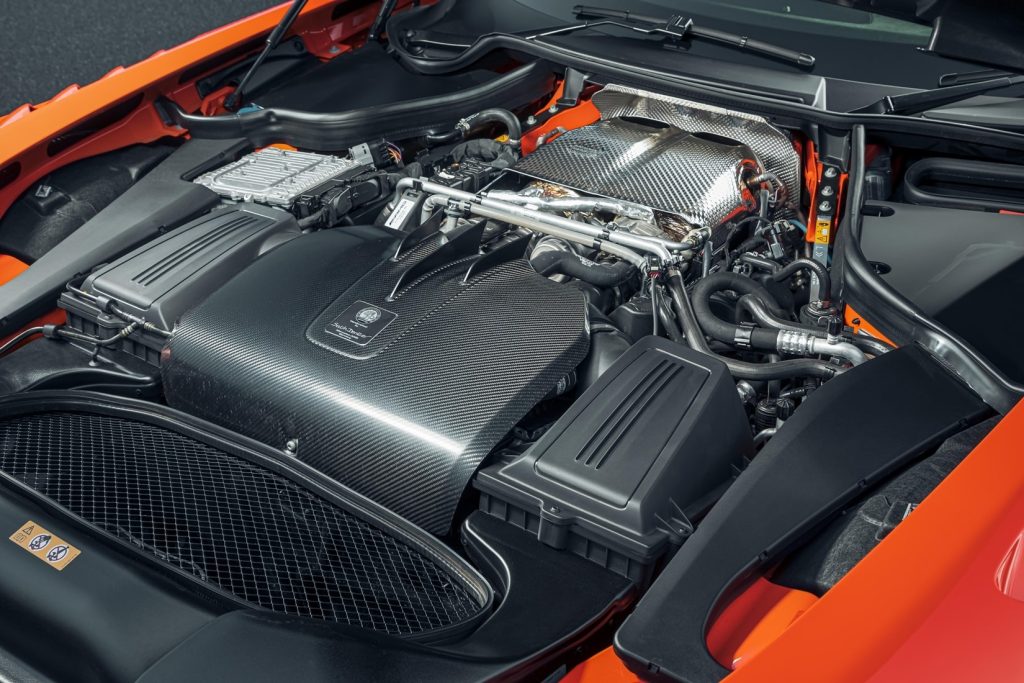

**Mercedes-Benz Aims to Sustain Combustion Engine Availability Beyond 2030**
In a time when the automotive sector is swiftly moving towards electrification, Mercedes-Benz has revealed intentions to keep offering combustion engine vehicles past 2030. This choice is part of the company’s comprehensive approach to harmonize the shift to electric vehicles (EVs) while still addressing markets and clientele where internal combustion engines (ICE) are still sought after.
**Strategic Equilibrium Between ICE and EVs**
Mercedes-Benz has been a leader in automotive advancement, and its dedication to electrification is clear with significant investments in EV technology, infrastructure, and manufacturing. Nonetheless, the company acknowledges that the move to an entirely electric lineup is not viable for all markets at once. Elements such as infrastructure readiness, consumer preferences, and regulatory frameworks vary widely across different regions, requiring a more adaptable strategy.
By retaining a portfolio that features combustion engines, Mercedes-Benz aspires to ensure that it can fulfill varied customer needs worldwide. This approach enables the company to continue servicing areas where EV uptake is slower due to obstacles like insufficient charging infrastructure or where buyers still favor conventional engines for aspects such as range, cost, or comfort.
**Innovations in Combustion Engines**
While the emphasis on EVs is unmistakable, Mercedes-Benz is equally dedicated to enhancing the efficiency and sustainability of its combustion engines. The company is channeling resources into next-generation technologies to cut emissions and boost fuel efficiency. Developments such as hybrid systems, cleaner fuel options, and cutting-edge engine architectures are integral to the plan to render ICE vehicles more eco-friendly.
Mercedes-Benz’s R&D initiatives are concentrated on ensuring that their combustion engines stay competitive and in line with ever-tightening global emissions regulations. By incorporating hybrid technology, the company can deliver vehicles that offer the advantages of both electric and combustion powertrains, thereby resonating with a wider customer audience.
**Market-Specific Factors**
The choice to persist with combustion engines is also shaped by market-specific factors. In regions such as Europe and North America, where EV infrastructure is swiftly growing, Mercedes-Benz is likely to emphasize its electric offerings more. However, in different parts of the globe, including certain regions in Asia, Africa, and Latin America, the need for ICE vehicles is projected to endure longer due to various economic and infrastructural circumstances.
Mercedes-Benz’s strategy involves a customized approach, in which the company will modify its product offerings according to regional needs and market conditions. This adaptability guarantees that the brand remains competitive and pertinent in all markets, irrespective of the electrification pace.
**Dedication to Sustainability**
In spite of the ongoing production of combustion engines, Mercedes-Benz continues to uphold its sustainability objectives. The company has established ambitious goals to shrink its carbon footprint and aspires to reach carbon neutrality by 2039. This encompasses substantial investments in renewable energy, sustainable manufacturing techniques, and the assembly of a comprehensive EV range.
Mercedes-Benz’s choice to keep combustion engine offerings beyond 2030 represents a sensible approach to addressing the intricacies of the global automotive market. By balancing the shift towards electrification with the ongoing production of ICE vehicles, the company is positioning itself to cater to varied customer needs while progressing towards a more sustainable future.






